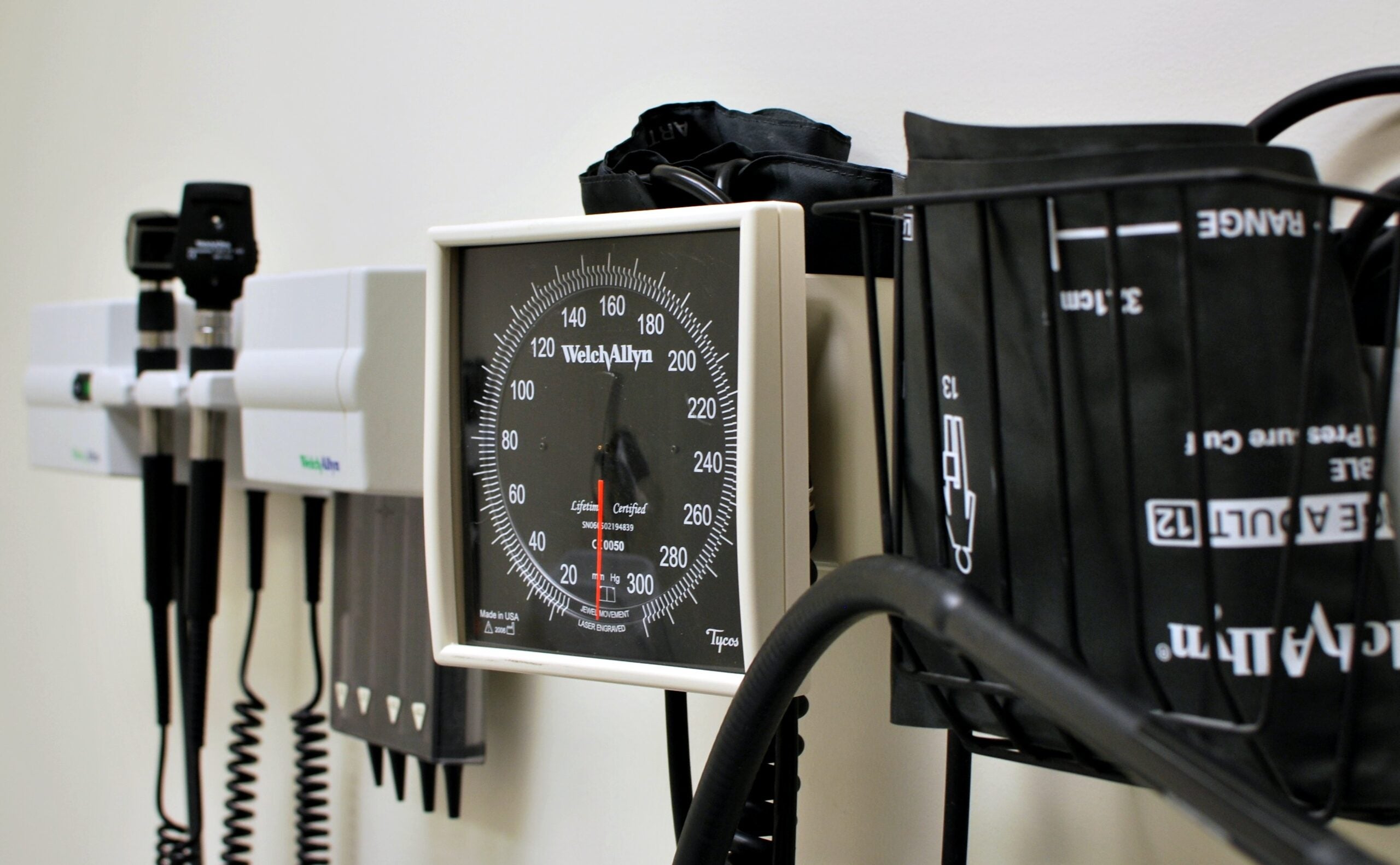State of Wisconsin employees who are transgender will be able to receive health coverage for hormone treatment and medically necessary gender reassignment surgery. The Group Insurance Board made that decision Wednesday, reversing an earlier position.
The proposal to reinstate transgender benefits passed on a narrow 5-4 vote with one board member abstaining.
“It’s very exciting. It’s very affirming. It’s a little bit surprising, but very good news,” said University if Wisconsin-Madison employee Nicole Bresnick who attended the meeting.
Stay informed on the latest news
Sign up for WPR’s email newsletter.
Nicole Bresnik switched from Medicare to the state health plan in 2016. Shamane Mills/WPR
Bresnick switched from Medicare to the state health plan when the board agreed in 2016 to start covering transgender health services the following year. But the board later reversed that policy and benefits ended.
“It was a bait and switch in the sense that the coverage was changed but you can’t change your enrollment,” said Bresnick who has been taking hormones to transition to female since 2003.
“Gender reassignment is something that is possible now with the exclusion lifted and impossible otherwise. It was so ironic that UW Hospital has a transgender health center and people covered under the state plan weren’t able to attend it,” said Bresnick, who attended the meeting with about a dozen others interested in the issue.
None of the board members voting against spoke in open session on the issue. But those who wanted to end the policy exclusion did.
“Now I know some will cite the cost estimates,” said Herschel Day in making the motion. “I’ll remind board members in the 11th hour of Dec. 30 in 2016 when we took action to reinstate the exclusion there were no premium considerations then. So I do not anticipate any premium considerations now … Moreover I would like to see us get out of doctor-patient relationship and let doctors and patients determine what is best for them.”
Another board member, Chuck Grapentine, cited the mental and physical benefits of providing such care.
“The material that was provided to us showed a significant change as far as medical practices are concerned and medical attitudes are concerned and the positive effects of this,” Grapentine said. “As a result, with a good conscience, I was able to second this motion and encourage everyone else to approve it.”
The board took another look at the policy after two state workers sued and a federal judge ruled in a different lawsuit that the state could not prohibit Medicaid funds for gender reassignment surgery.
A state Department of Employee Trust Funds memo to board members explained how case law continues to develop that broadens transgender legal protections in Wisconsin as well as other parts of the country.
And in August, the chancellor of the UW-Madison along with those of five other UW System schools requested that the board add transgender health insurance benefits to the State Group Health Insurance Program.
The chancellors cited faculty recruitment and retention as a reason. Steph Tai is a professor of administrative law at UW-Madison and also co-chair of UW Madison’s LGBTQ faculty/staff/student committee.
“Just the ethical sort of principals behind it, but also the affect on retention and atmosphere,” she said after the board voted.
It’s estimated that two to five state employees would have gender reassignment surgery each year for a total cost between $100,000 and $250,000.
“The initial lay person’s reaction would be, oh, its going to be really costly without taking into account the small percentage of people who actually undergo the full range of treatment,” Tai said.
“One thing many people don’t understand about the transgender community is that some people just opt for hormonal treatments and don’t get any surgery. Some do get surgery while others choose to live as another gender and don’t take any hormones. There’s a large range and the medically necessary part means there’s a physician involved who knows these kinds of things,” Tai said.
Wisconsin Public Radio, © Copyright 2025, Board of Regents of the University of Wisconsin System and Wisconsin Educational Communications Board.




